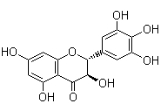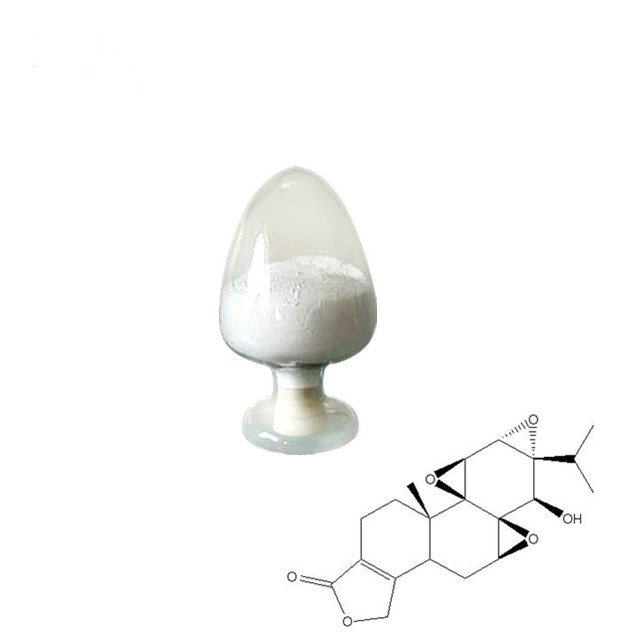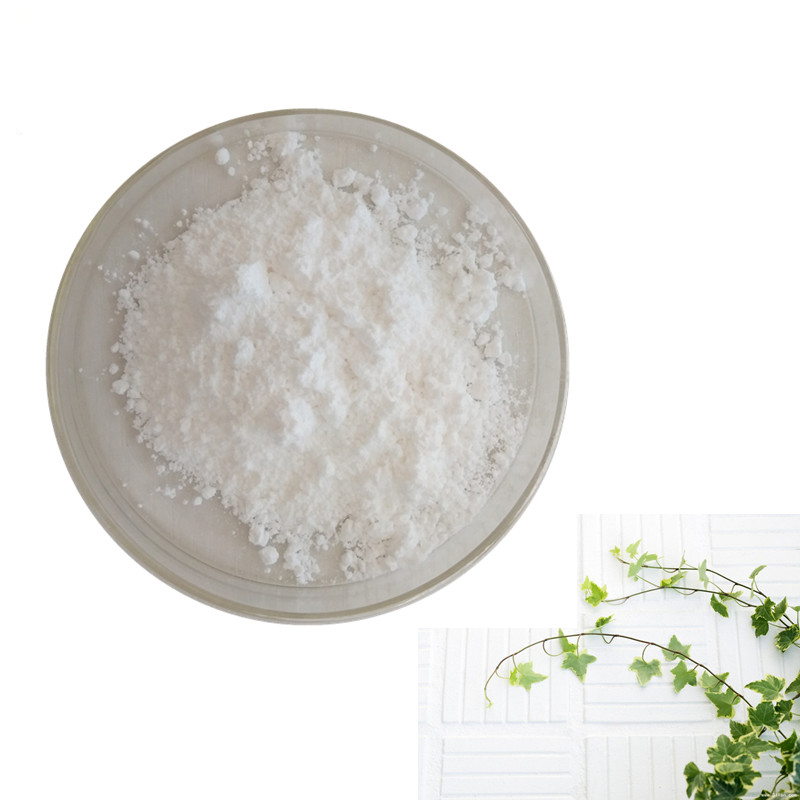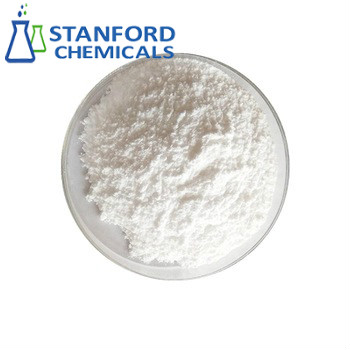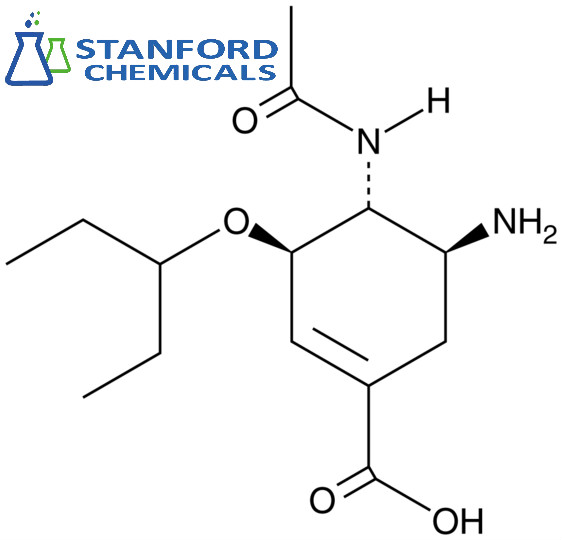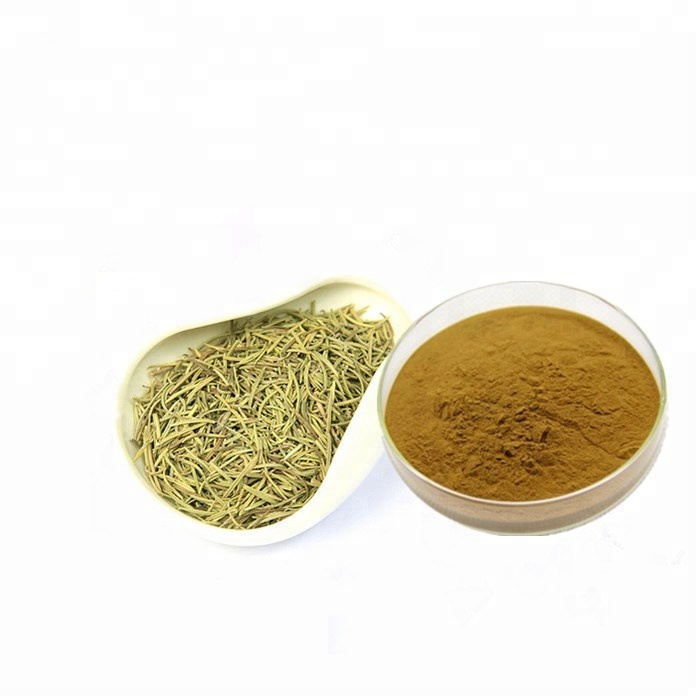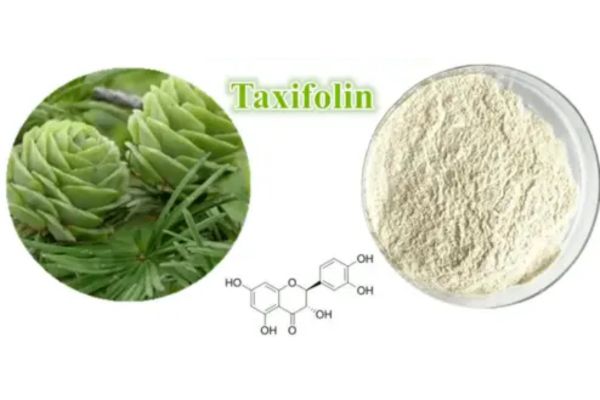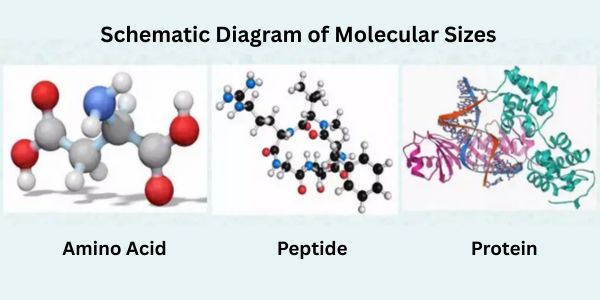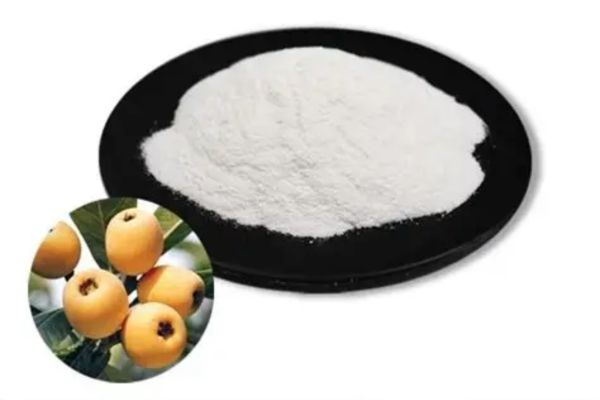Introduction
In recent years, the exploration of natural compounds in the realm of medicinal research has gained significant attention. Among these compounds, dihydromyricetin (DHM) has emerged as a subject of interest. This article is going to explore its properties in addressing two distinct yet interconnected health concerns: inflammatory diseases and anxiety disorders. Hope that you can have a further understanding of DHM’s uses.

Clinical Researches
What Is Dihydromyricetin (DHM)?
Dihydromyricetin comes from the ampelopsis plant species. It is a flavonoid known for its antioxidant and anti-inflammatory attributes. It has spurred investigations into its potential applications in combating various health issues.
--Antioxidant Powerhouse
One of the standout features is its robust antioxidant capacity. DHM has the ability to scavenge these free radicals. It serves as a potent defender against oxidative stress. Thus, DHM potentially aids in the prevention of various chronic diseases and promotes overall health.
--Anti-Inflammatory Properties
DHM has demonstrated notable anti-inflammatory effects in several studies. DHM has the potential to inhibit inflammatory pathways and reduce inflammation markers. It can manage inflammatory diseases like arthritis, inflammatory bowel diseases, and other systemic inflammatory conditions.
--Liver Protection and Detoxification
Research has indicated DHM properties to protect livers. Namely, it plays a role in safeguarding the liver from damage caused by toxins and oxidative stress. It supports liver function, aids in detoxification processes, and promotes liver health.
--Neuroprotective Effects
The influence of DHM extends to the brain. These are studies highlighting its neuroprotective potential. It has shown promise in protecting neurons from damage and supporting cognitive function. Moreover, DHM's interaction with neurotransmitter pathways hints at its possible role in managing anxiety and stress-related disorders. Related reading: DHM Dihydromyricetin: The Hangover Helper You Need
How Can Dihydromyricetin (DHM) Alleviate Inflammatory Diseases?
DHM shows new potential in the realm of medicinal research. Here are two notable examples: Inflammation is a natural response by the immune system. It can escalate into chronic conditions if unchecked. DHM has shown promise in mitigating inflammation markers and modulating inflammatory pathways. Thus, DHM offers a glimpse of hope in managing inflammatory diseases.
--Mechanisms:
Research studies have indicated DHM's ability to hinder the activation of certain inflammatory signaling molecules. By doing so, it potentially curtails the cascade of events that lead to heightened inflammatory responses. This property has attracted attention in the medical community for its possible implications in conditions like arthritis, inflammatory bowel diseases, and other systemic inflammatory disorders. [1]
--Other Potentials:
The anti-inflammatory potential of DHM extends beyond molecular pathways. Studies have observed its ability to reduce oxidative stress, which is a crucial factor in the progression of inflammatory diseases. By combating oxidative damage, DHM demonstrates a multifaceted approach to potentially mitigating the severity of these conditions.
How Does DHM Work in Anxiety Disorder Management?
Anxiety disorders are characterized by excessive worry, fear, and physiological responses. It affects millions worldwide. Emerging research hints at DHM's capability to influence neurotransmitter activity in the brain. Thus, it serves as a potential treatment avenue for anxiety-related conditions.
--Mechanisms:
Neurotransmitters like GABA (gamma-aminobutyric acid) play a pivotal role in regulating anxiety. DHM has exhibited modulatory effects on GABA receptors, which could contribute to its anxiolytic properties. By enhancing GABAergic transmission, DHM might assist in calming the nervous system and reducing anxiety symptoms. [2]
--Other Potentials:
Furthermore, studies exploring DHM's impact on brain receptors associated with anxiety responses have revealed promising results. Its interaction with specific neural pathways suggests a potential to alleviate anxiety symptoms by regulating the intricate balance of neurotransmitters involved in mood regulation.
The Need for Further Research
While preliminary findings regarding DHM's efficacy in addressing inflammatory diseases and anxiety disorders are encouraging, it's crucial to acknowledge the need for extensive research. Clinical trials involving human subjects are indispensable to validate the safety, efficacy, and optimal dosage of DHM as a therapeutic agent. Comprehensive studies will offer a clearer understanding of its mechanisms of action and its potential side effects.
Conclusion: A Glimpse of Promise
The evolving landscape of natural compounds in healthcare continues to unravel potential solutions for prevalent health concerns. Dihydromyricetin, with its anti-inflammatory and potential anxiolytic properties, stands at the threshold of therapeutic advancement. The journey of DHM from botanical origins to clinical applications holds promise in reshaping the approach to managing inflammatory diseases and anxiety disorders. While the initial research showcases its potential, further exploration and rigorous scientific inquiry are imperative to harness its full therapeutic potential and pave the way for its integration into mainstream healthcare practices.
As research advances, the potential of dihydromyricetin may offer hope for individuals grappling with the burdens of inflammatory diseases and anxiety disorders, presenting a natural alternative in the pursuit of improved health and well-being. For more information, please check our homepage at https://www.stanfordchem.com/.


